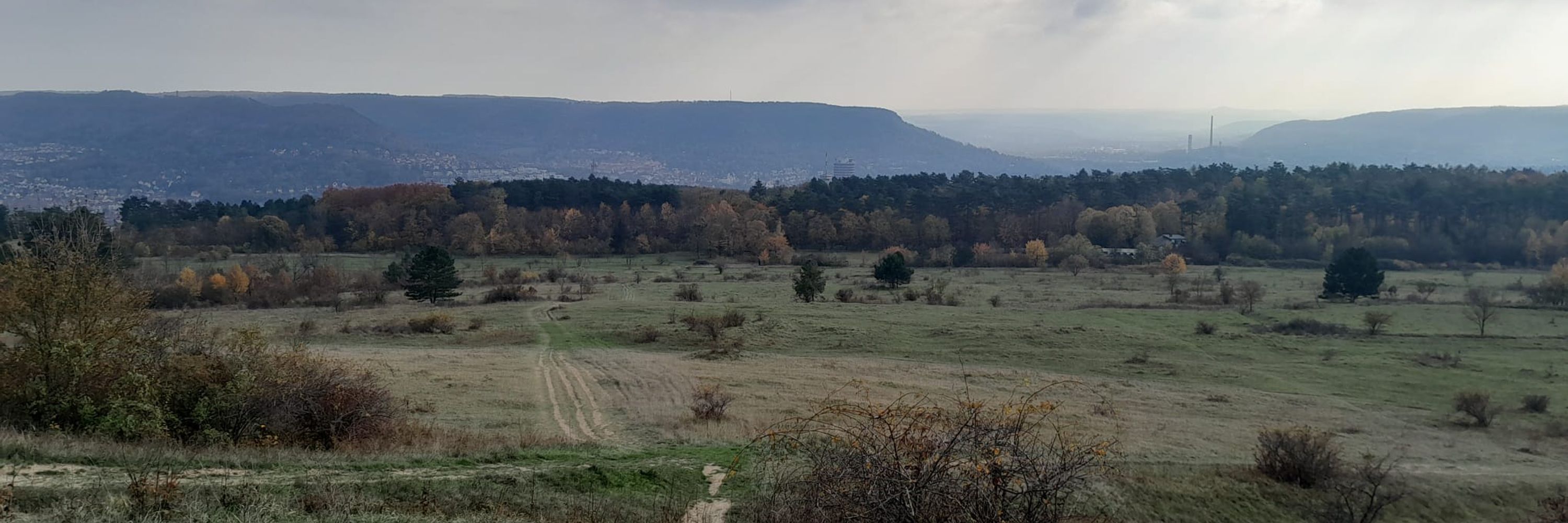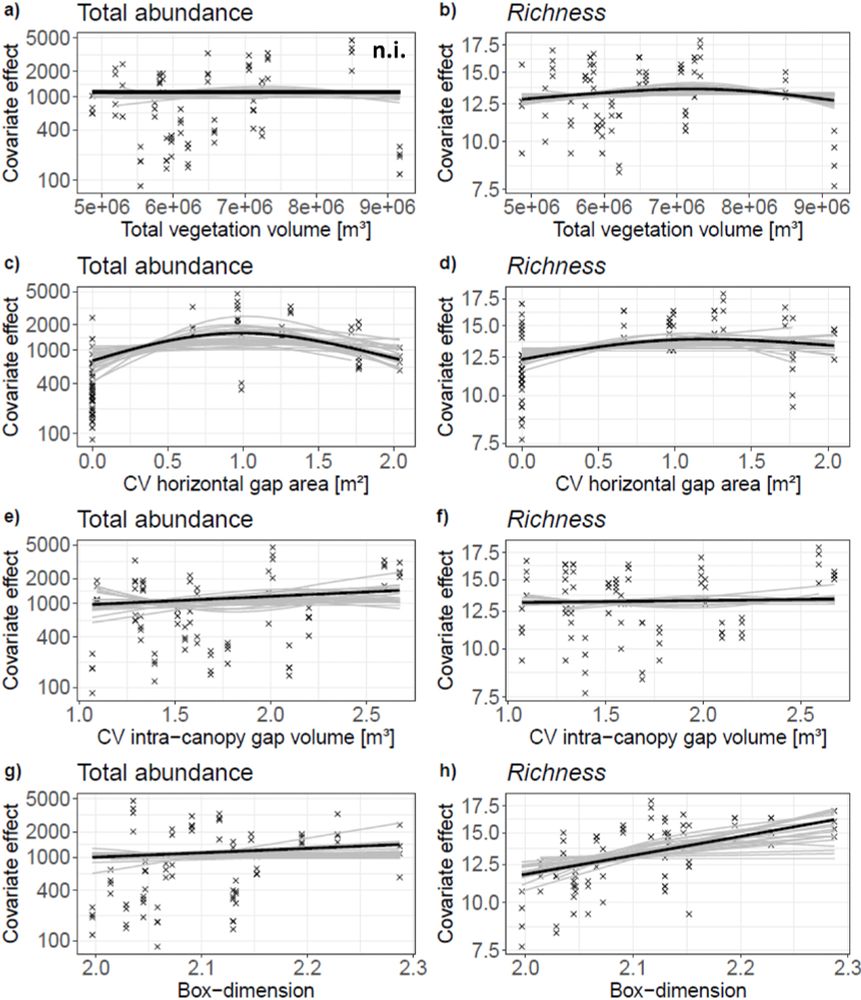Benjamin Wildermuth
@bmwildermuth.bsky.social
2.9K followers
1K following
230 posts
Arthropod ecology in different ecosystems. (Functional) diversity, community composition, trophic niches, plant-animal interactions, temporal & spatial patterns
Posts
Media
Videos
Starter Packs
Pinned
Reposted by Benjamin Wildermuth
Reposted by Benjamin Wildermuth
Reposted by Benjamin Wildermuth
Reposted by Benjamin Wildermuth
Reposted by Benjamin Wildermuth
Reposted by Benjamin Wildermuth
Reposted by Benjamin Wildermuth
Reposted by Benjamin Wildermuth
Reposted by Benjamin Wildermuth
Reposted by Benjamin Wildermuth

























